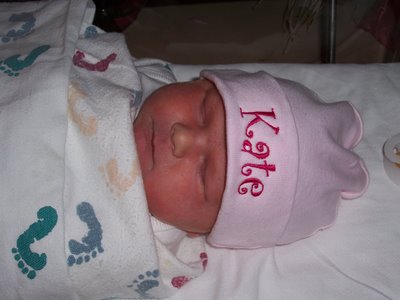In April, we tried a case in Yazoo City, Mississippi. Yazoo City is on the geographic edge of the Delta, on the banks of the Yazoo River. Before the Depression, Yazoo City was a booming, rich, lively cotton town. It retains some of that charm even now, a perfect small town in Mississippi, with an old Courthouse where we spent a week before a jury of twelve fine citizens. After closing arguments, the jury retired, and I had lunch with my partners in the Courthouse library. The library is one room off of the courtroom, on the second floor of this ancient civic hub. The air conditioning was out, and the dusty books made it awfully close. I coaxed open a window to let the spring breeze flow in around the branches of the Magnolia tree just outside the Courthouse steps. We had time and some outstanding legal issues, so I cracked the stale law books, rolled up my sleeves and kicked my feet up on the window sill to await our verdict.
I looked around and realized that I was living a memory. I was having the very same experience as generations of Southern lawyers, laboring in their wrinkled suits, in hot courthouses, with dusty books and a creaky courthouse. It’s a by-gone experience. We all are wired and ready for our Westlaw and Lexis-Nexis and electronic filing. We all strive for “sophisticated” practices and silk-stocking firms. My partner walked in and said, “What is this a John Grisham novel?” I was thinking more about Harper Lee, and I was meditating on Atticus Finch.
Atticus is my hero. He is a Southern lawyer, smart and clever, but quiet and wise. He is as competitive and intense as his opponent, but he lets his argument carry the day, not his personality. He can kill a rabid dog in the street and teach his daughter to read before she knows what reading is. He knows that his neighbors are silly, strange, backward, often corrupt and sometimes mean, but he loves them with dignity. He recognizes racism and injustice and hates it, but he knows the best tool he has is his own love and compassion. I haven’t arrived at my hero’s spiritual plane, but I’m working on it.
All of Atticus’s attributes deliver him to a peculiar place in society. His neighbors trust him more than they trust themselves, so they thrust on him the hard, messy and thankless work that no one else will do. The Sheriff doesn’t trust himself to shoot the dog, so he insists that Atticus do it, because he is proficient with the weapon he hates. He hates the weapon because he’s such a good shot that it’s not fair. Atticus accepts the bad assignment to represent the disgusting client, and his community sends him back to the legislature, term after term. In Montgomery, he works through the night to fashion tax policy which none of his peers will touch. Back home, the judge assigns Atticus to represent Tom Robinson in a losing case, because the judge knows that no one else can represent him fairly or give him justice. With the outcome predetermined, Attorney Finch gives Robinson the dignity he deserves by being his advocate, not by winning. That’s the kind of lawyer I want to be.
So we’re going to move to Alabama and spend some time in Montgomery taking care of the poor and the widows and trying to mediate some peace. I’ll be meditating about Atticus a lot.






